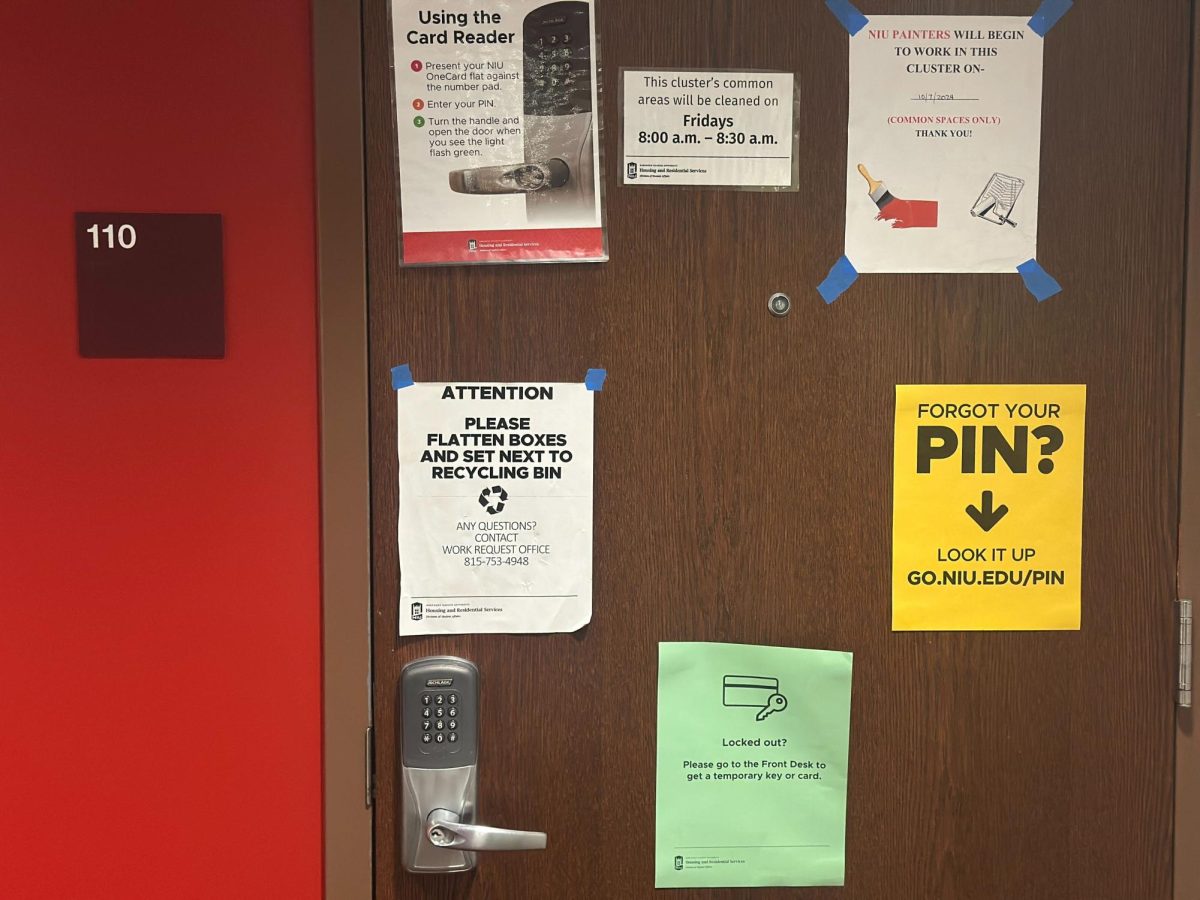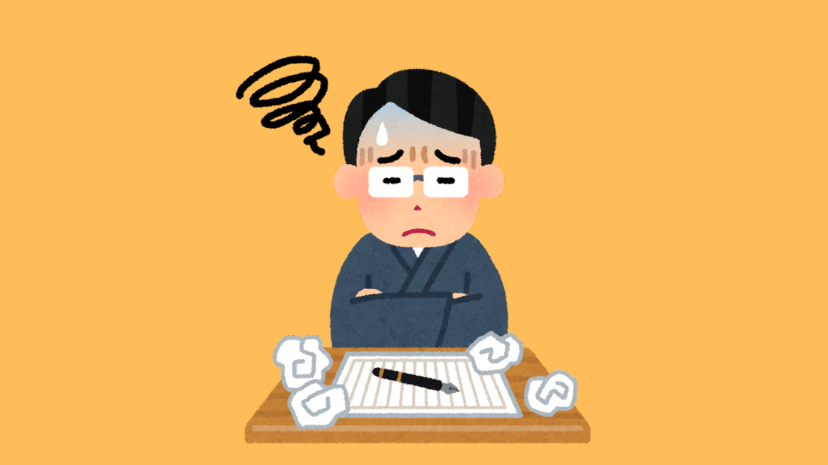Residence hall security at NIU is extensive; Neptune Hall alone requires students to scan their keycard and use their keys at least twice just to enter their room. But this security can be problematic for careless students.
Just a few weeks ago, I was sitting in Neptune West’s lobby at night, minding my business until someone began to frantically knock on the windows. They kept this up even as I tried to ignore it. Eventually the mounting pressure to open the door finally got the best of me, and I let them in.
I thought nothing bad would ultimately come of this – students had done this often in my previous year at Neptune, likely because they had forgotten their keys – but I grew concerned that one day this wouldn’t be the case.
Jayden Cruz, a first-year mechanical engineering major, said that if he ever forgot his keys, he’d do what most Neptune students probably would.
“I’d just wait for someone to open the door and then go to Neptune Central,” Cruz said.
According to NIU Housing and Residential Services’ website, residents who have lost their key or OneCard can go to their hall’s front desk to get a temporary replacement. Additionally, the front desks for all residence halls are open 24/7 during the school year, so students can still find help late at night.
It’s a sound plan, and many residents walk in and out during the day; it would be unreasonable to force people to stay outside if they weren’t visibly holding a keycard and keys.
But if someone outside the residence hall is clearly trying to get you to let them in, Cruz says securing identification, at least to some extent, may be smart.
“I’d see if they look like a student. If they do, I’d probably let them in. You know, I don’t want to pry too much,” Cruz said.
Of course, when a locked-out person is banging on the windows, the resulting peer pressure to let them in is hard to resist.
“If it was in the moment, I’d probably let them in,” Cruz said.
Students being locked out of their residence halls is certainly a serious situation and stressful for the students who are stuck outside, but letting people in carelessly is dangerous. Often, the people knocking on the windows are residents who forgot their keys, but how can one be certain?
Anyone can wear a backpack, after all.
The easiest solution would be to find a way to encourage students to carry their keys with them at all times when leaving their residence halls.
Danh Nguyen, a first-year with a pre-physical therapy emphasis, suggests students keep their keys with items they never forget.
“Attach your keys to something you value a lot,” Nguyen said. “Like your bag, you’ll always bring it with you, attach it to your bag or your phone.”
There are many ways students can be reminded to do this, whether it be from posters hanging in residence hall lobbies or emails at the beginning of each semester.
Additionally, students need reminders to not knock on the windows to get the attention of residence hall dwellers. This puts a lot of pressure on people as it won’t always be obvious if the person standing outside is a student or has ill intent.
If the person outside is a student, they’ll probably be let in eventually, but not being let in immediately might make them upset. Even if residents have good intentions when they don’t accept requests for access to the building, that won’t matter to someone angry about having to stand out in the cold for longer than they want to.
No matter what the outcome is, letting people into the residence halls when they rap their knuckles against the windows sets a bad precedent for both sides. Residents who are locked out will be encouraged to use this tactic again if they forget their keys, while residents who must decide whether to open the door might fall into a dangerous routine.
And if the day comes that the person knocking on the windows is not supposed to be let into the residence halls, the consequences could be disastrous.














